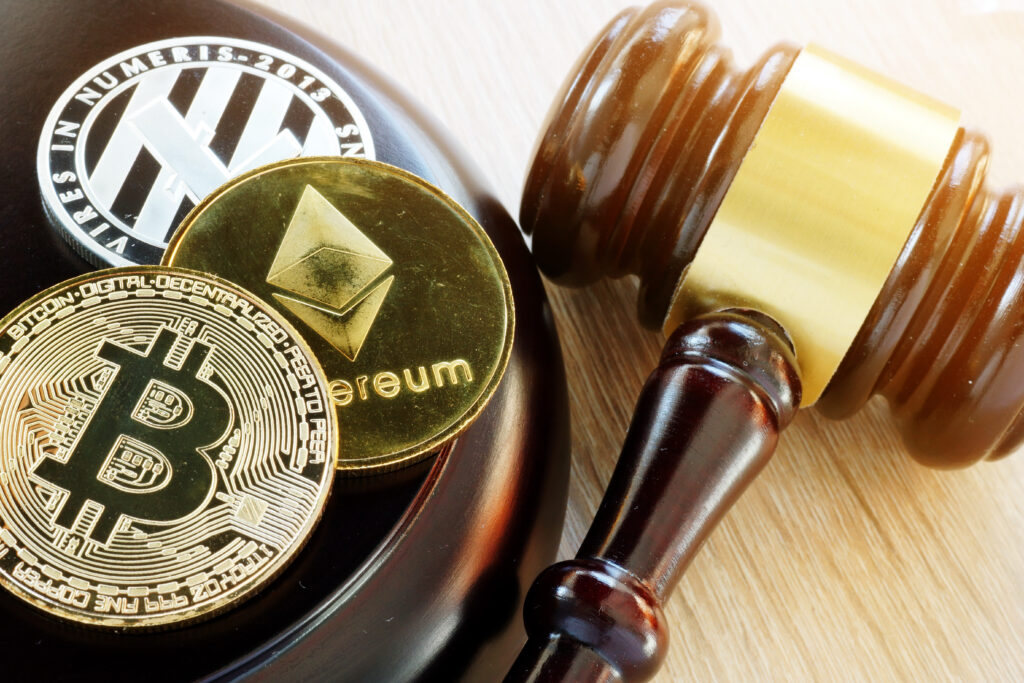
Understanding Ripple Coin (XRP)
Ripple is a technological startup that promises to change the way money is transported throughout the world. RippleNet, a decentralized network of financial institutions and payment providers, is at the center of its ecosystem. Ripple Coin, sometimes known as XRP, is the Ripple network’s native cryptocurrency. It functions as a bridge currency, allowing for the immediate movement of value across borders.
Advantages of Ripple Coin
Cost Saving
Traditional cross-border payment systems frequently involve many middlemen, which results in expensive transaction fees. Ripple Coin eliminates the need for intermediaries, making transactions more cost-effective. Its minimal transaction fees make it an appealing option for micropayments and remittances.
Liquidity and Scalability
The Ripple ecosystem increases liquidity by permitting the direct exchange of different currencies via XRP. This feature eliminates the need for several currency pre-funding accounts, making cross-border transactions more efficient and cost-effective. Furthermore, Ripple’s technology is very scalable, allowing it to handle a large volume of transactions at the same time.
Adoption and Partnerships
Ripple has made significant inroads into the financial industry, forming alliances with a variety of banks, payment processors, and remittance firms. Ripple’s technology has been integrated into the operations of several important institutions, including American Express, Santander, and MoneyGram. These collaborations demonstrate Ripple Coin’s rising acceptance as a viable worldwide payment alternative.
Potential Impact on Global Payments
Ripple Coin and its underlying technology have the potential to transform the global payments landscape in several ways:
Financial Inclusion
The low-cost and accessible nature of Ripple Coin can help bridge the gap for the unbanked and underbanked populations, providing them with access to secure and efficient payment systems.
Cross-Border Transactions
Ripple Coin’s fast settlement times and reduced fees can revolutionize cross-border transactions, making them more seamless and affordable for businesses and individuals worldwide.
Remittances
Remittance flows, which are crucial for many developing economies, can benefit significantly from Ripple Coin’s capabilities. Its low fees and quick transaction times offer an efficient alternative to traditional remittance channels.
Ripple Coins’s potential
Disclaimer
Remember, investing in cryptocurrencies involves risks, and it’s important to conduct thorough research and seek professional advice before making any financial decisions.
(Please keep in mind that this post is solely for informative purposes and should not be construed as financial or investment advice.)


